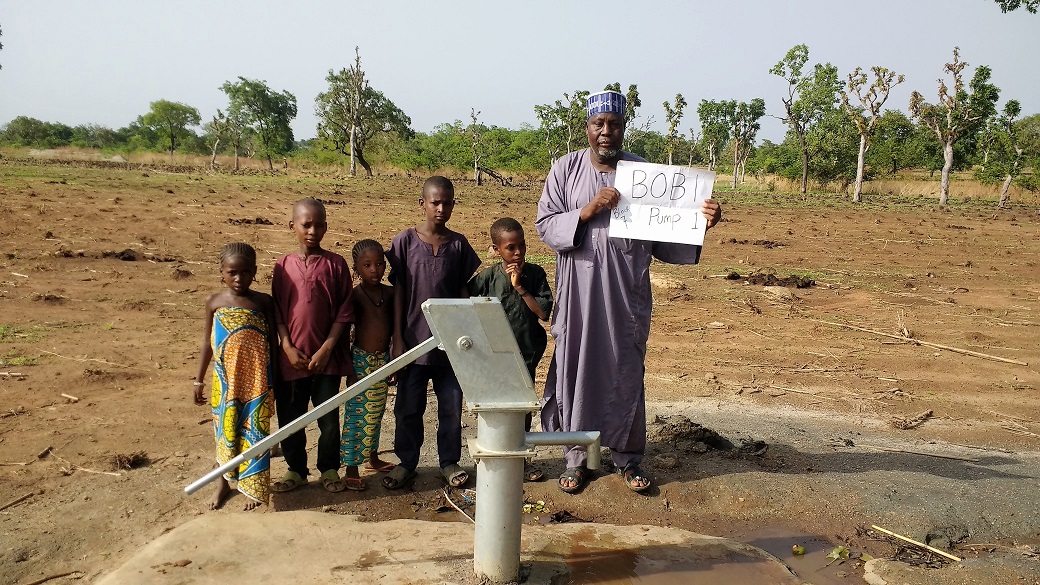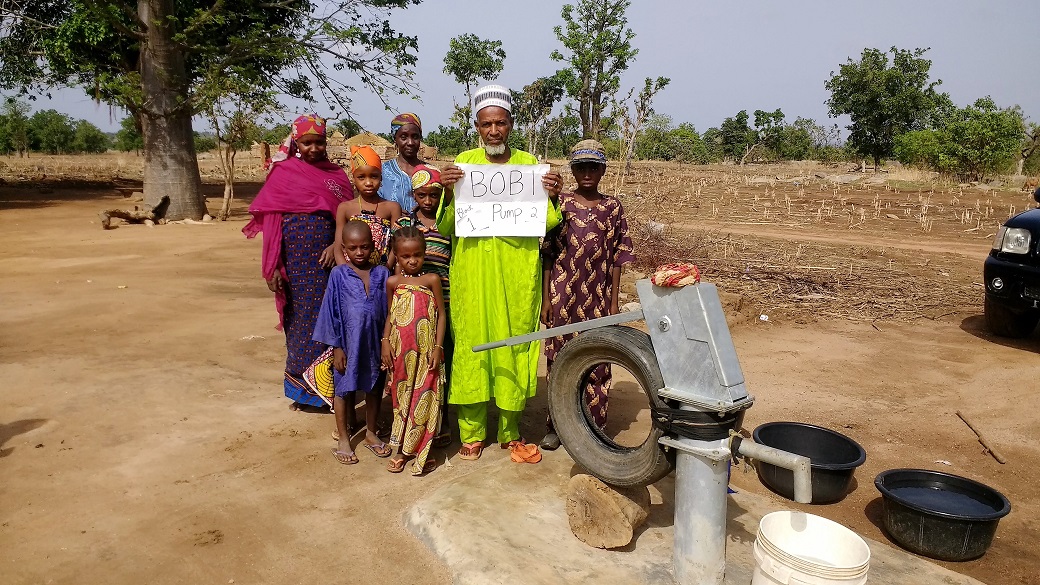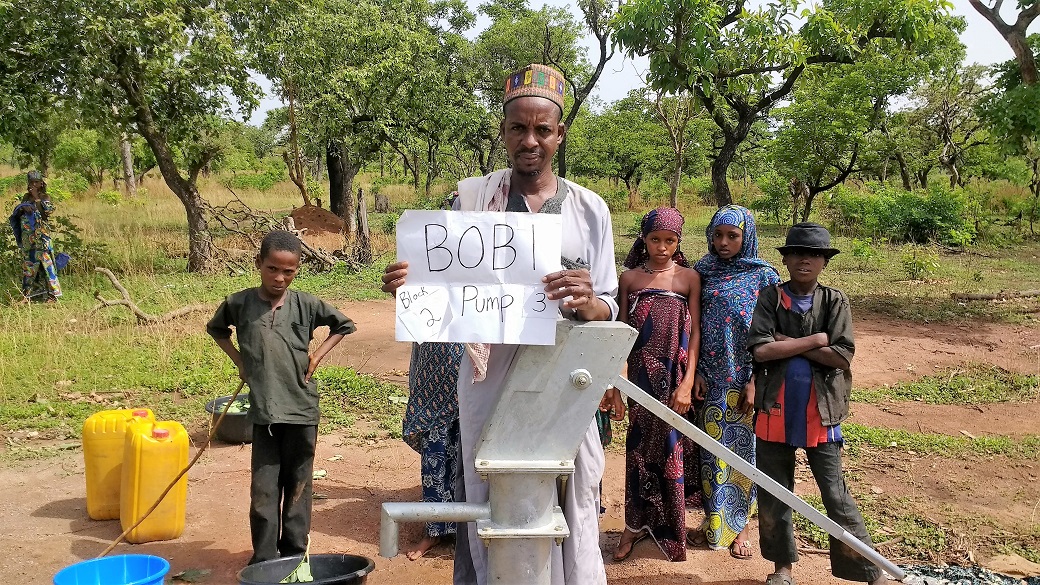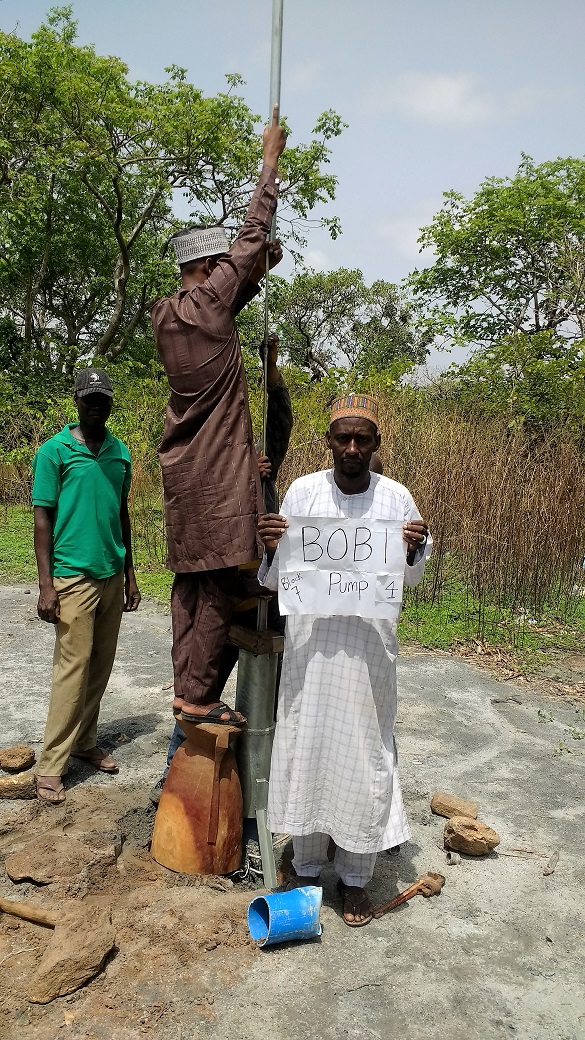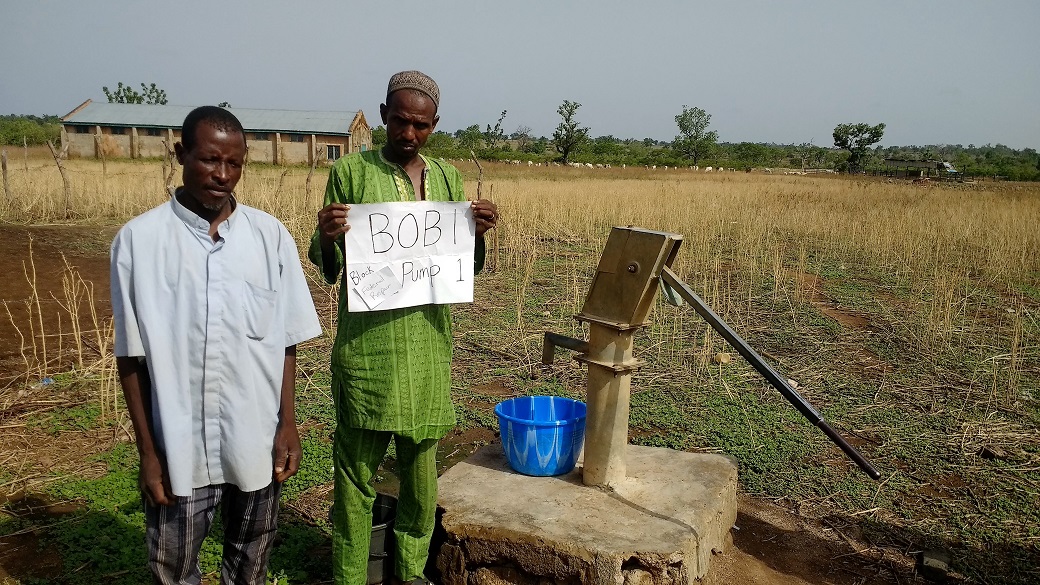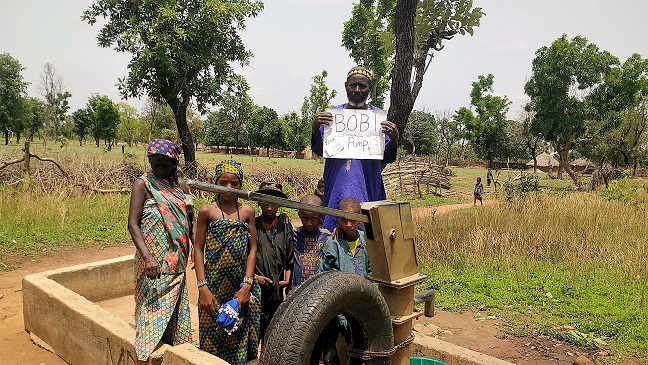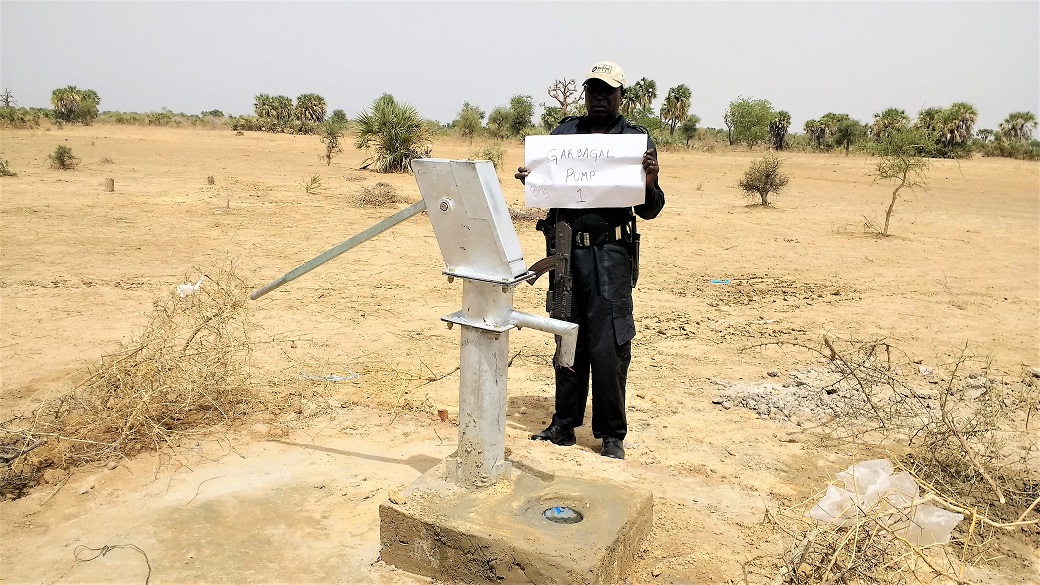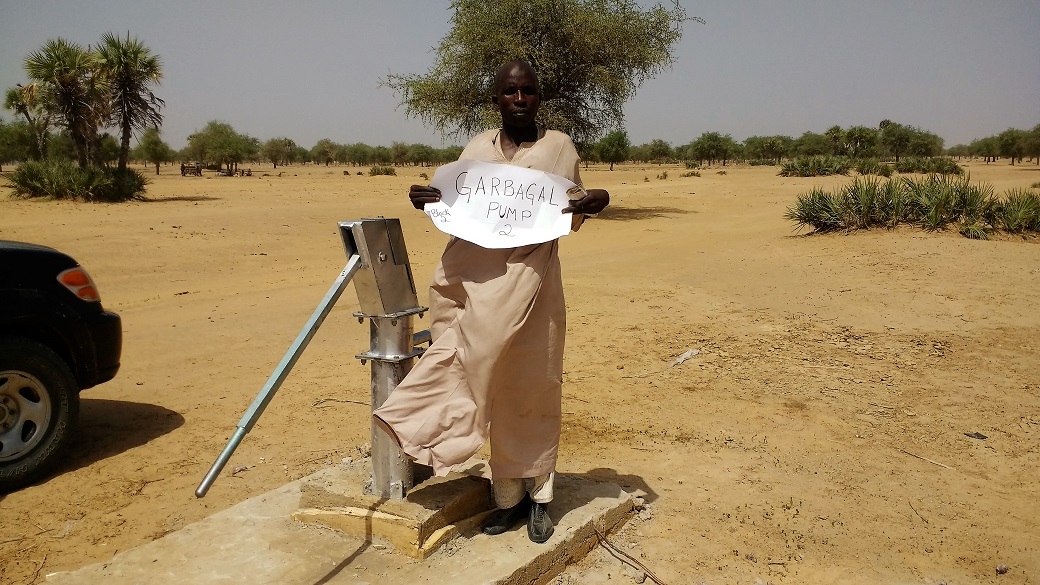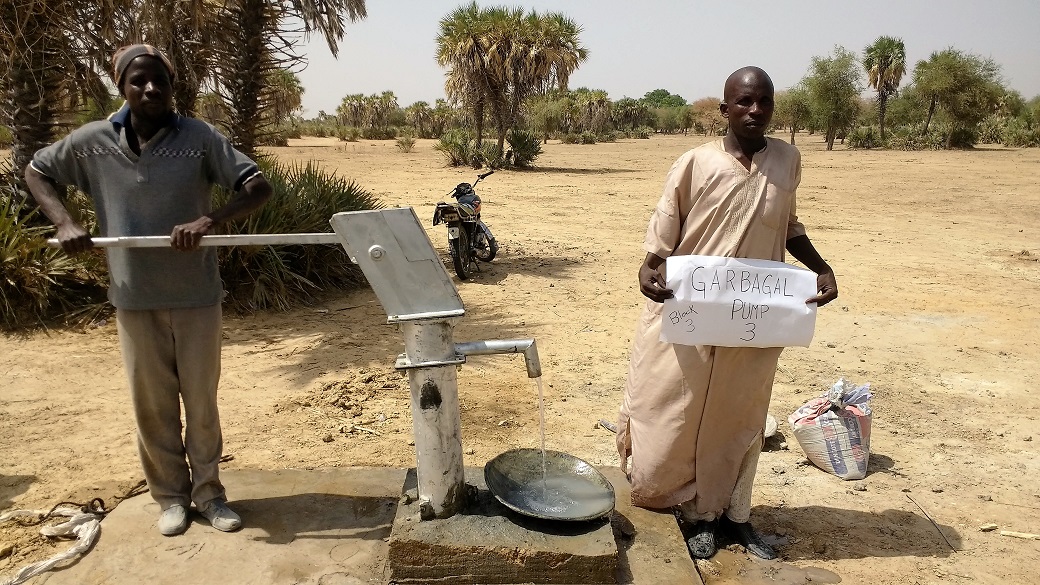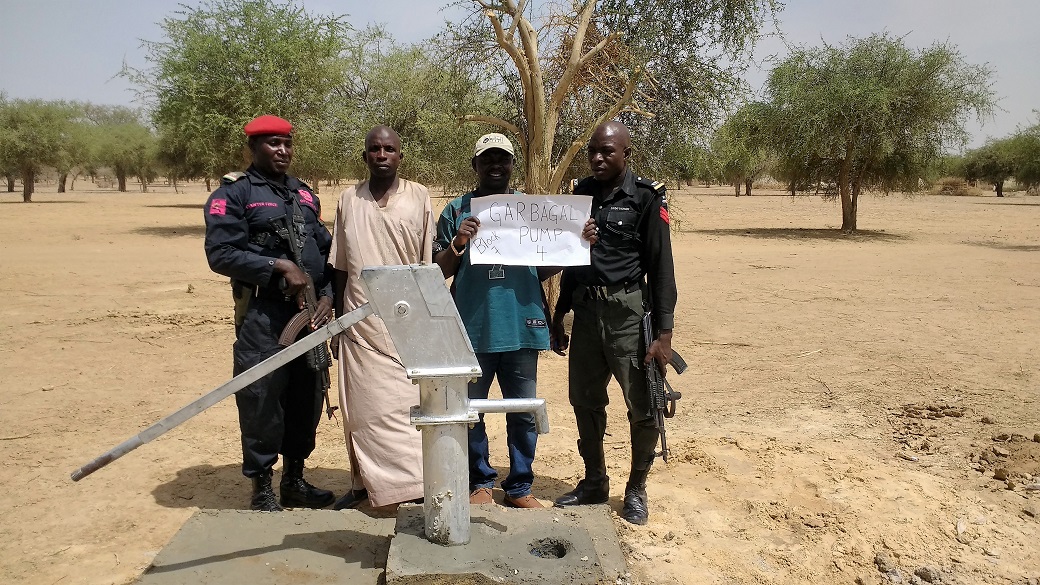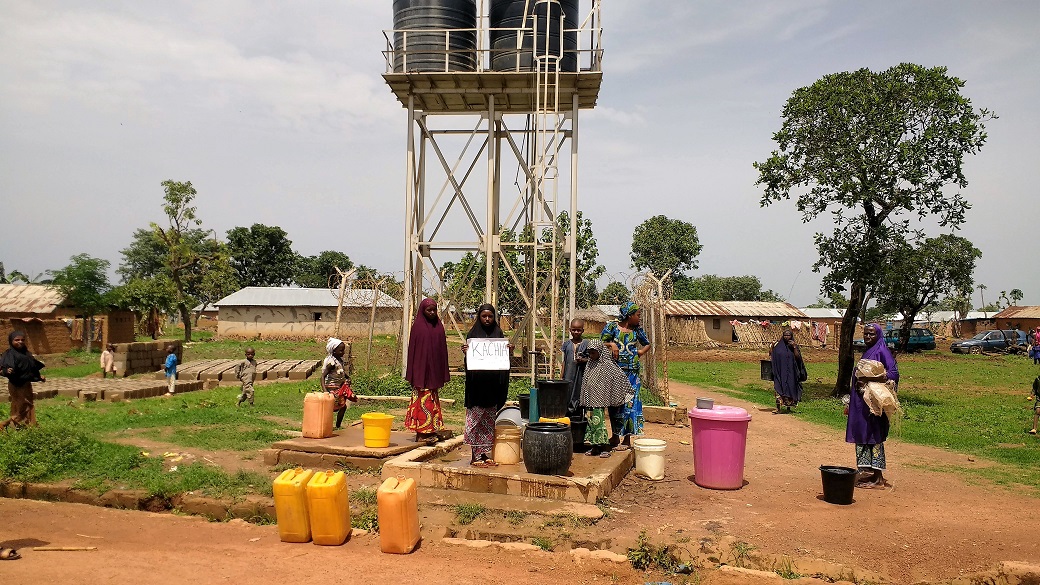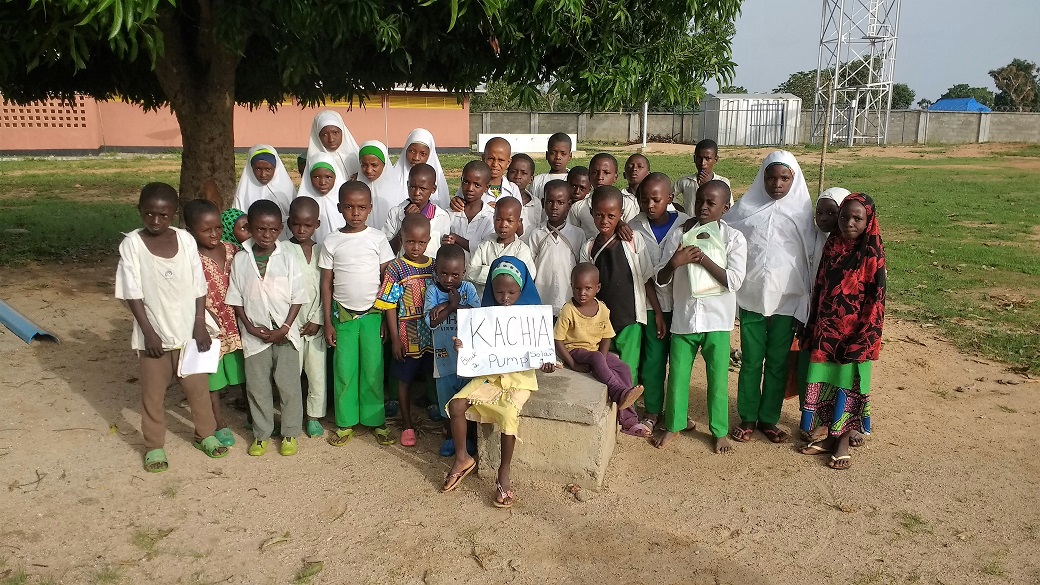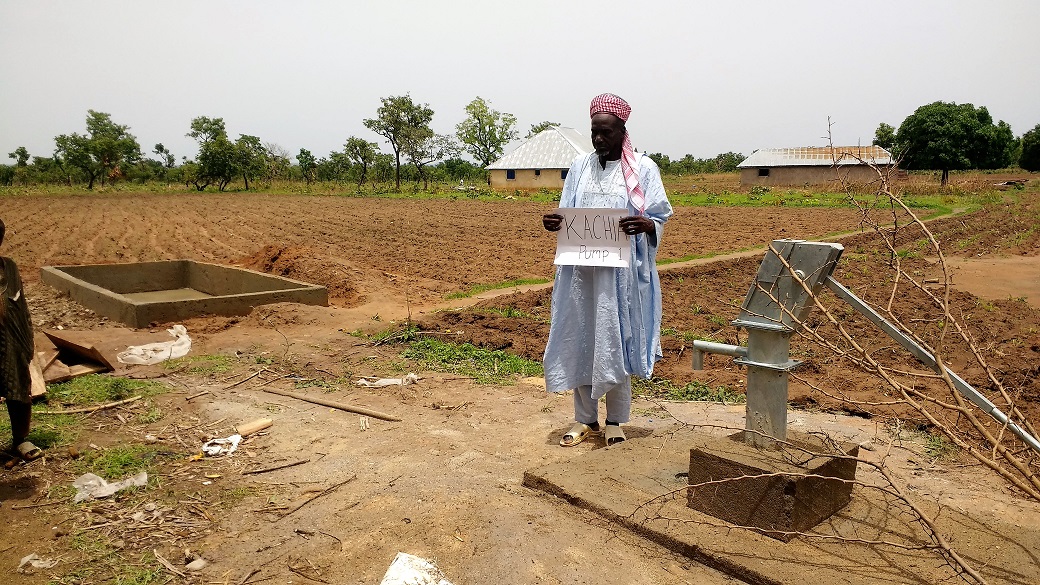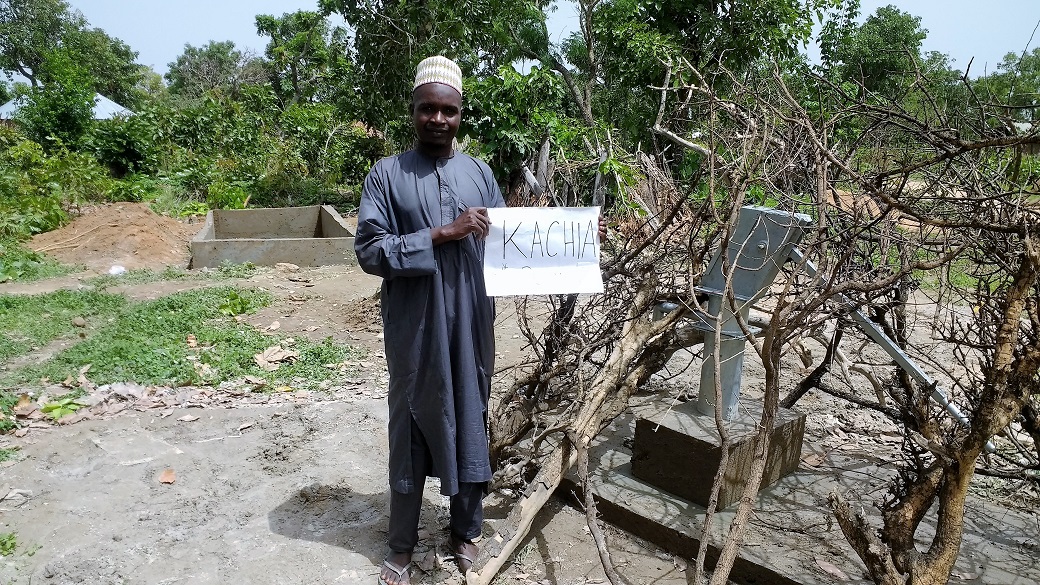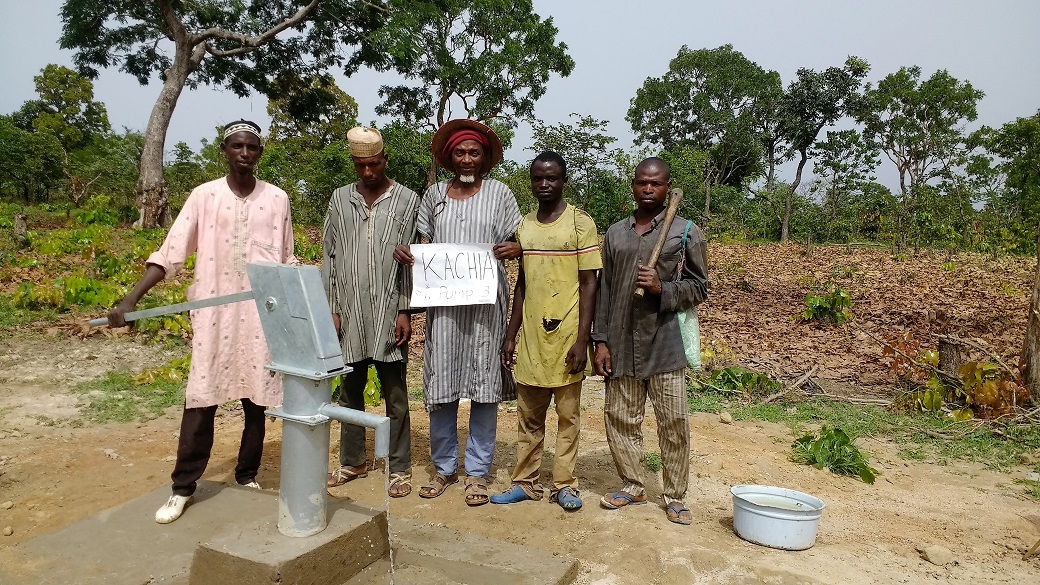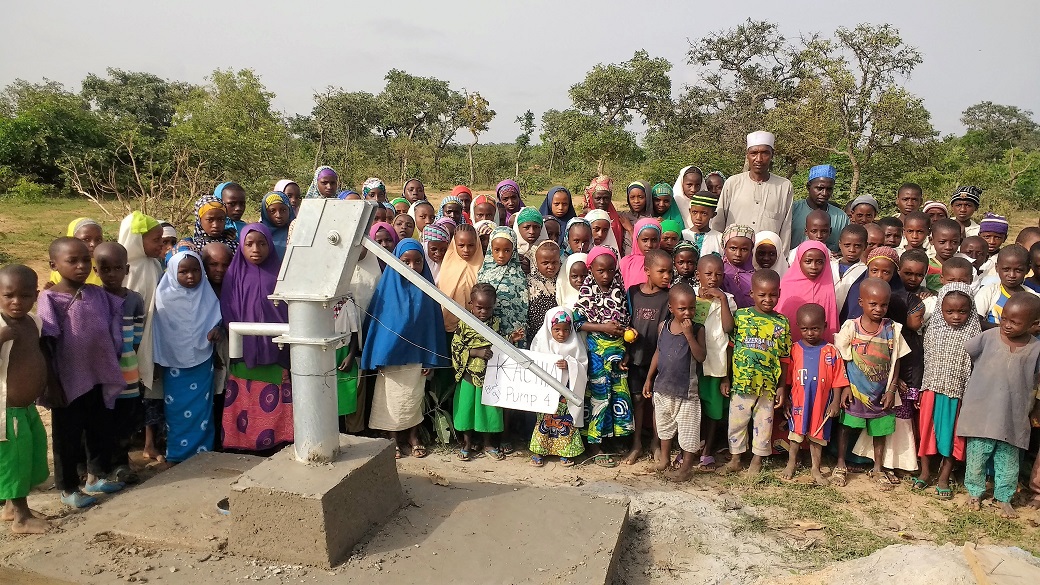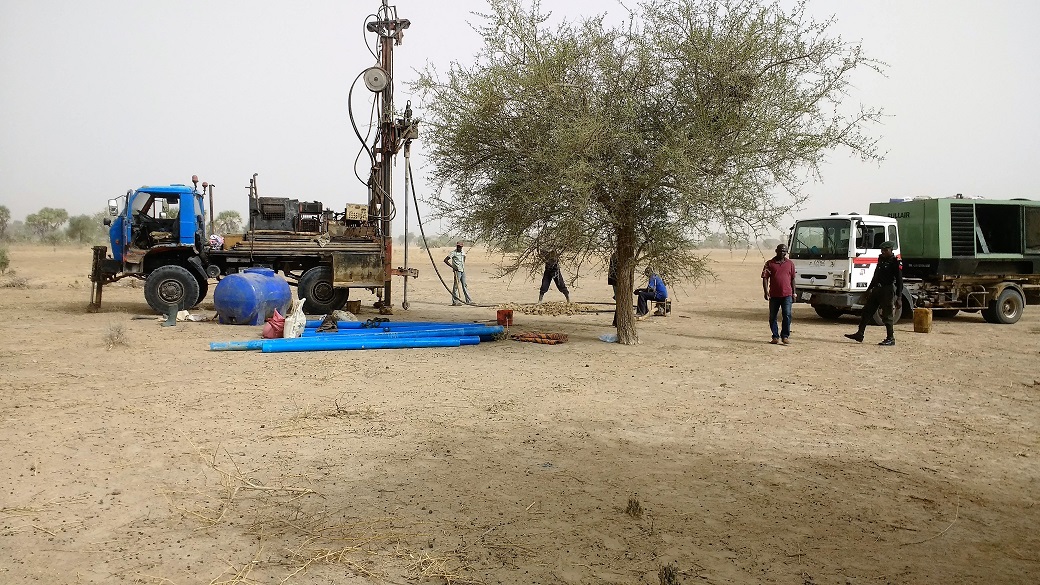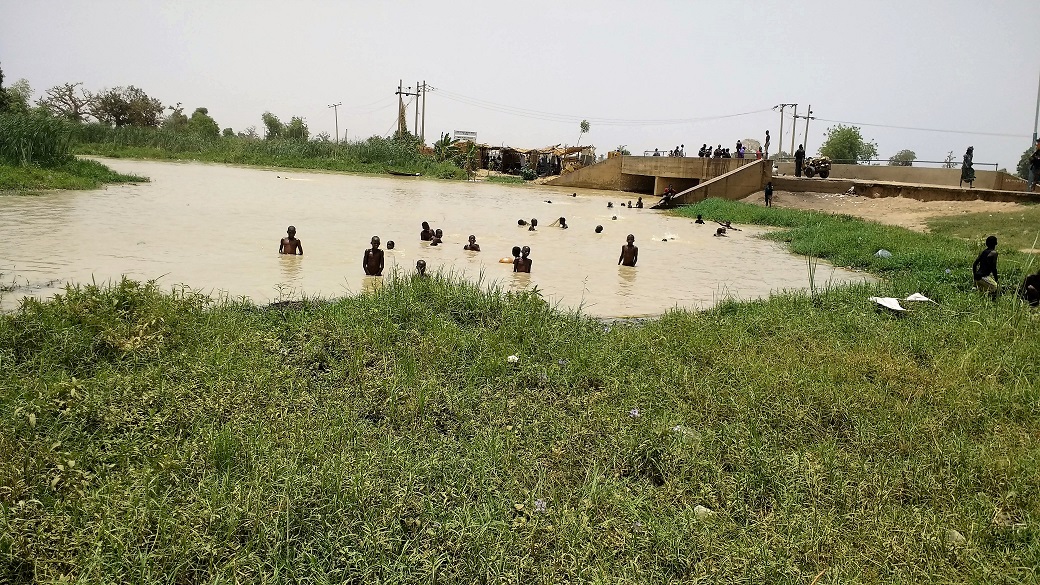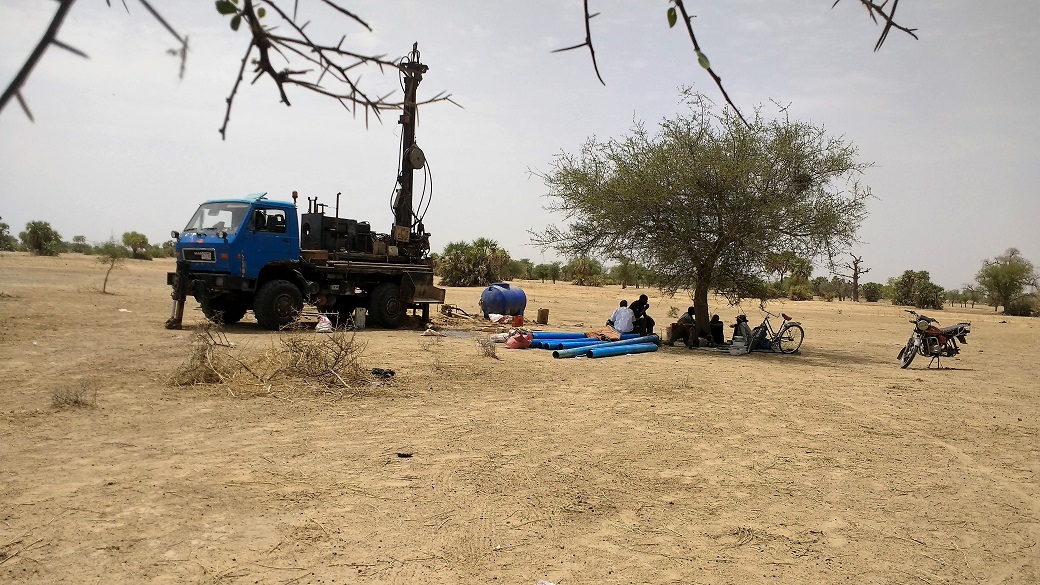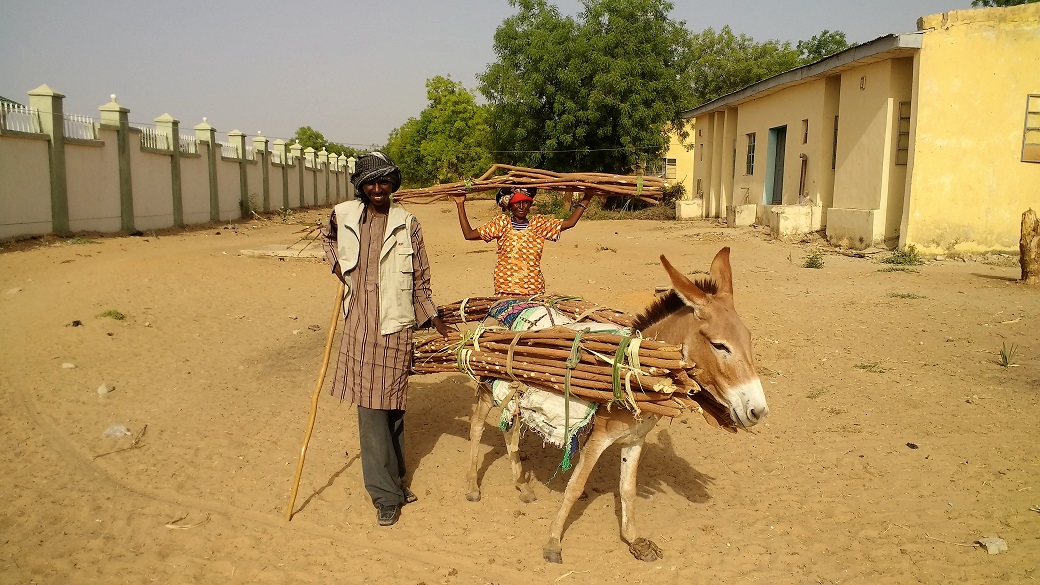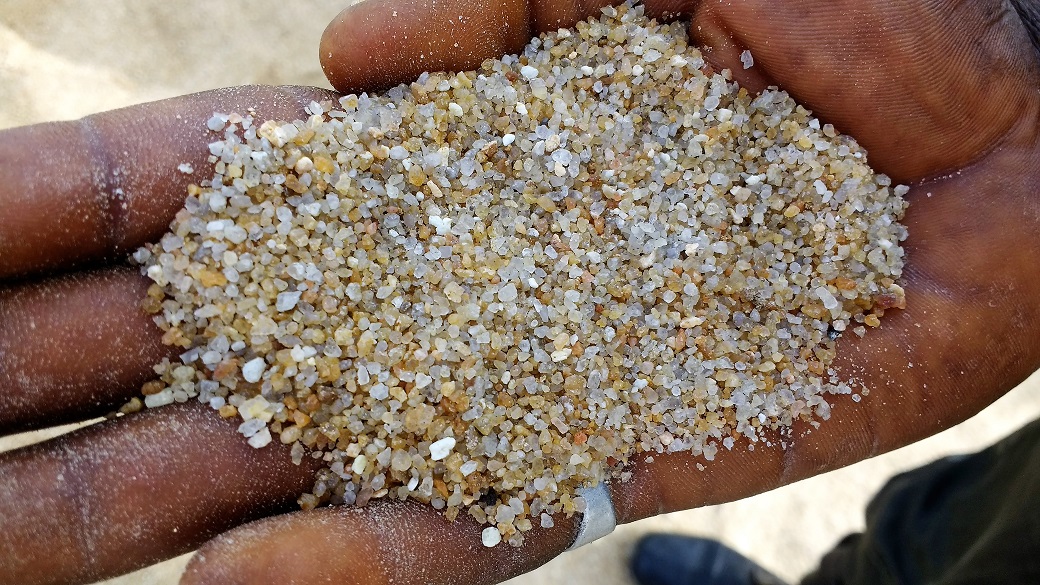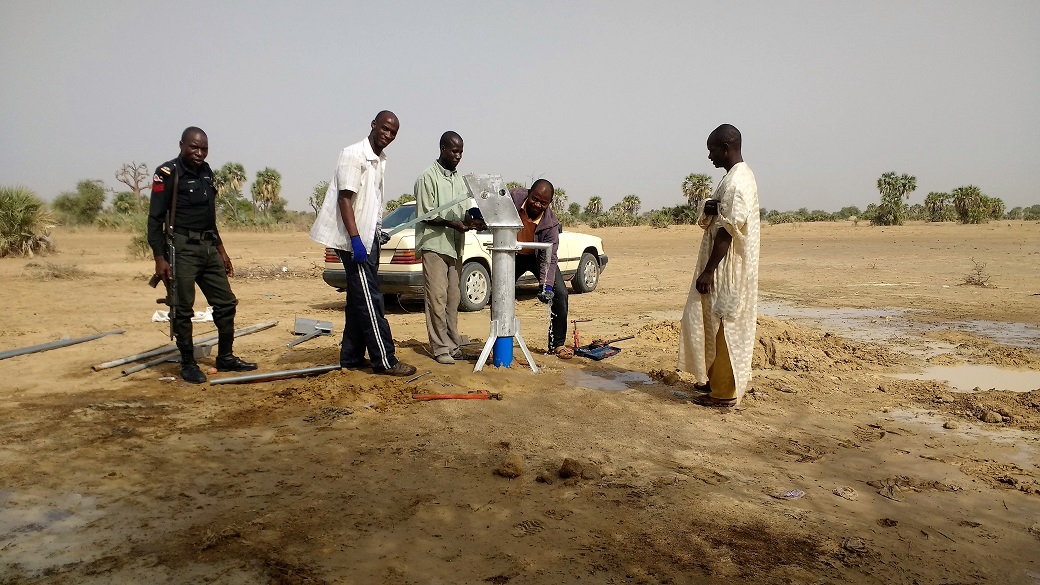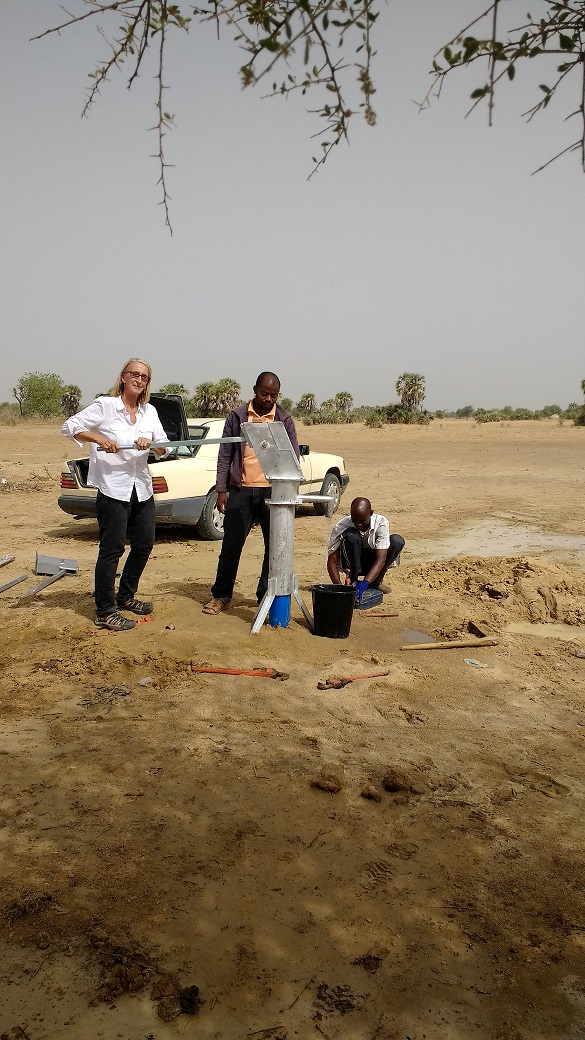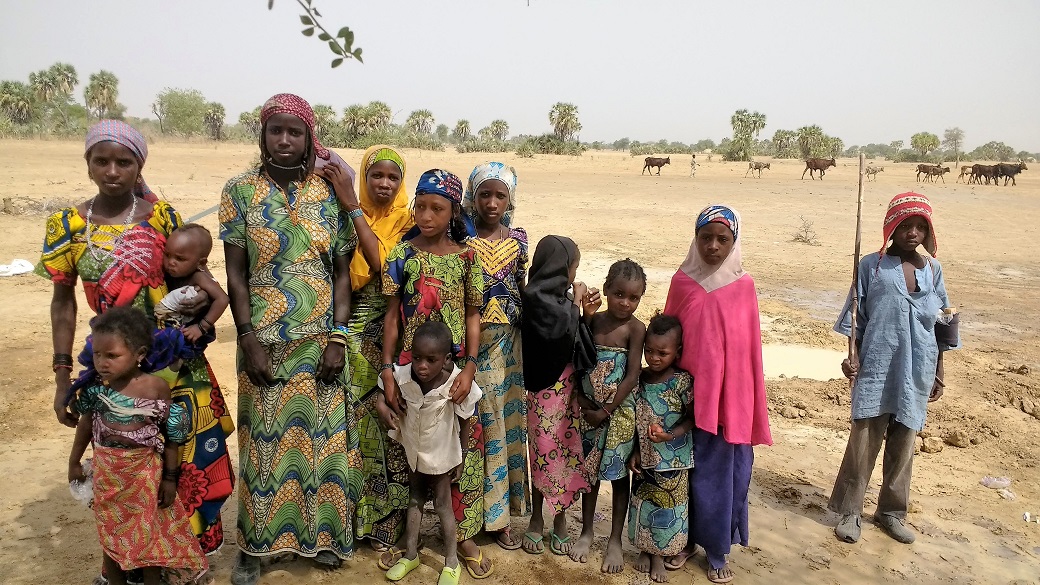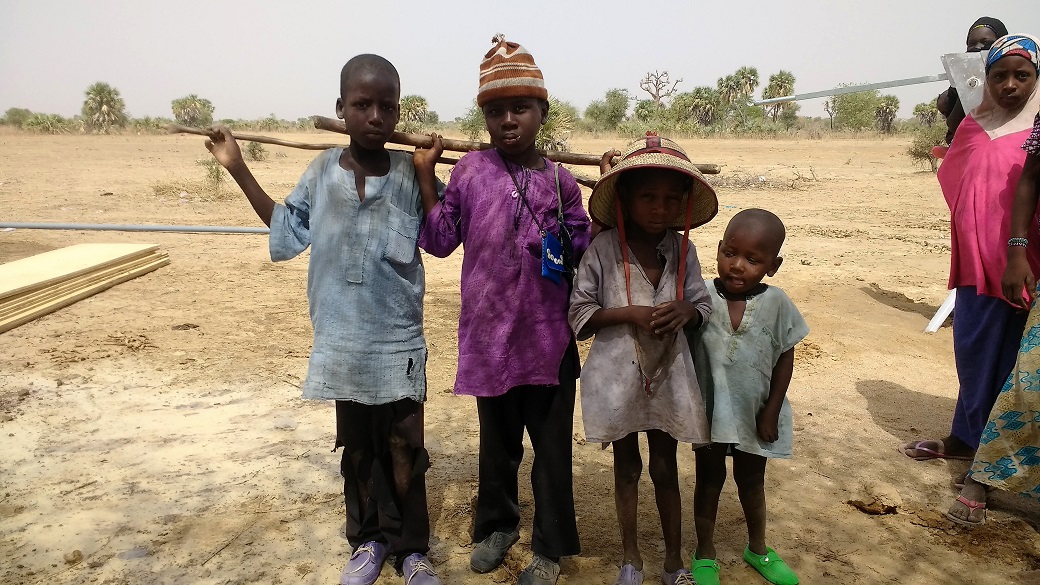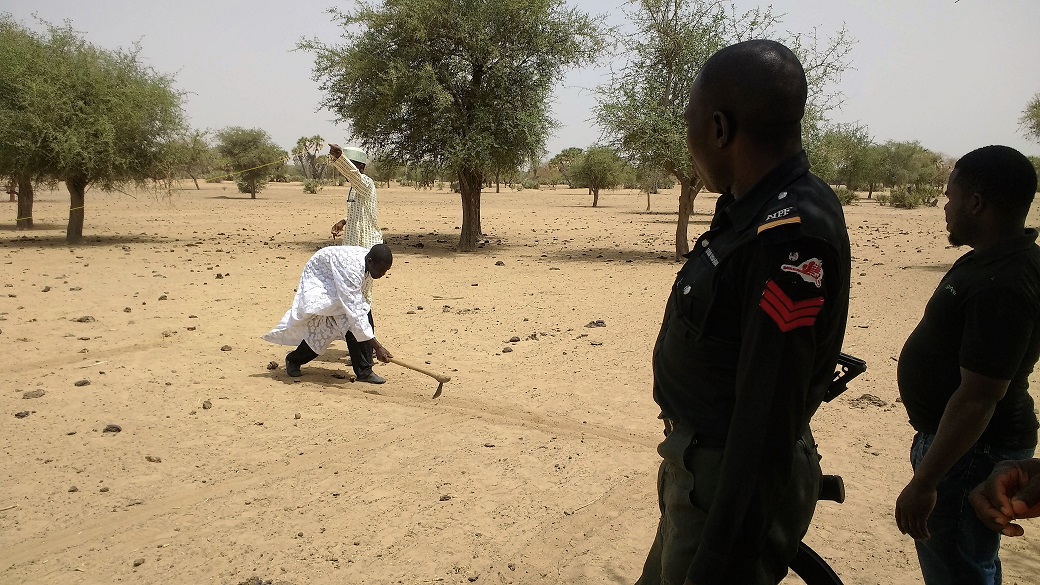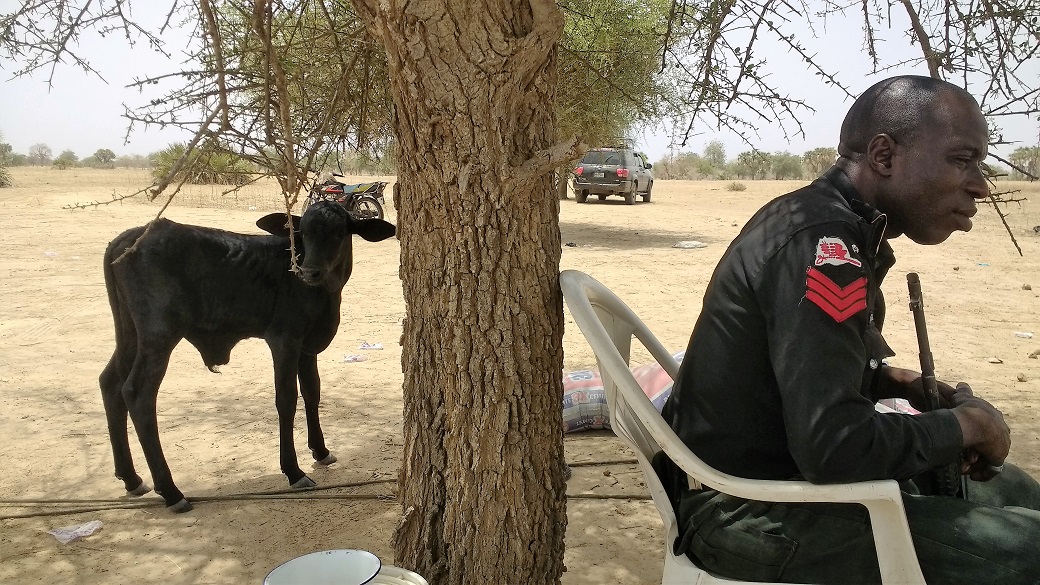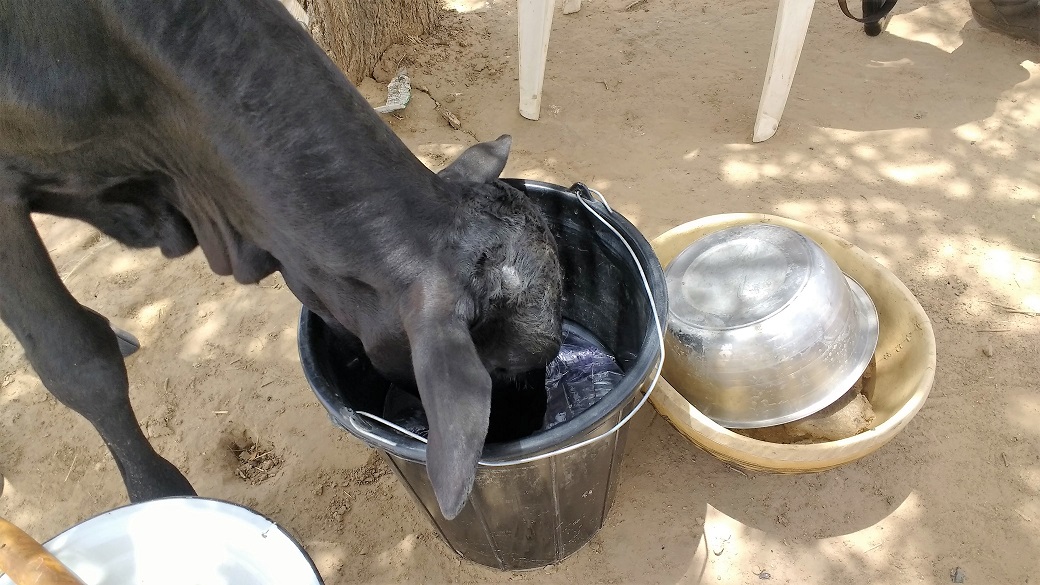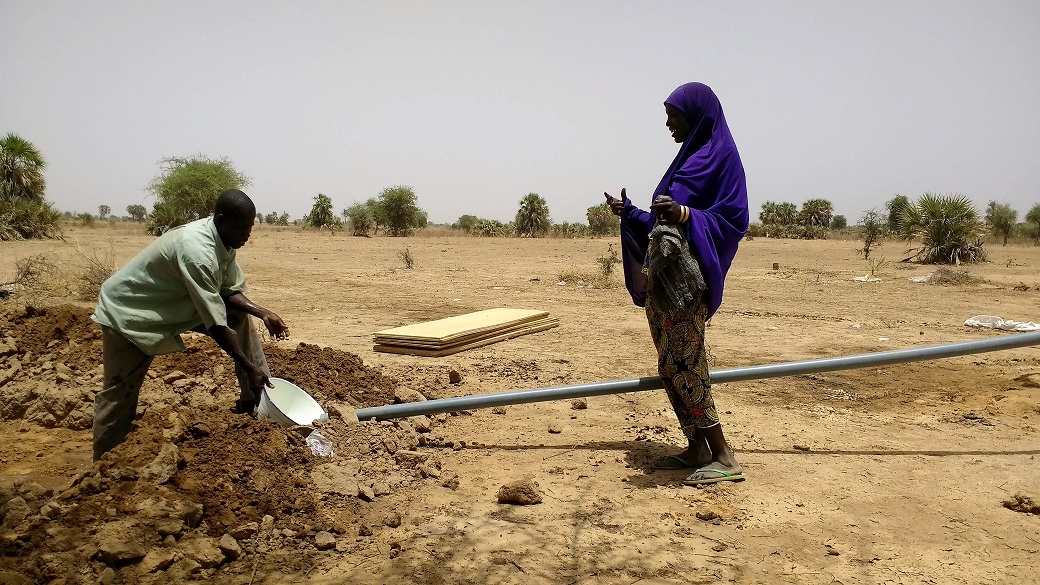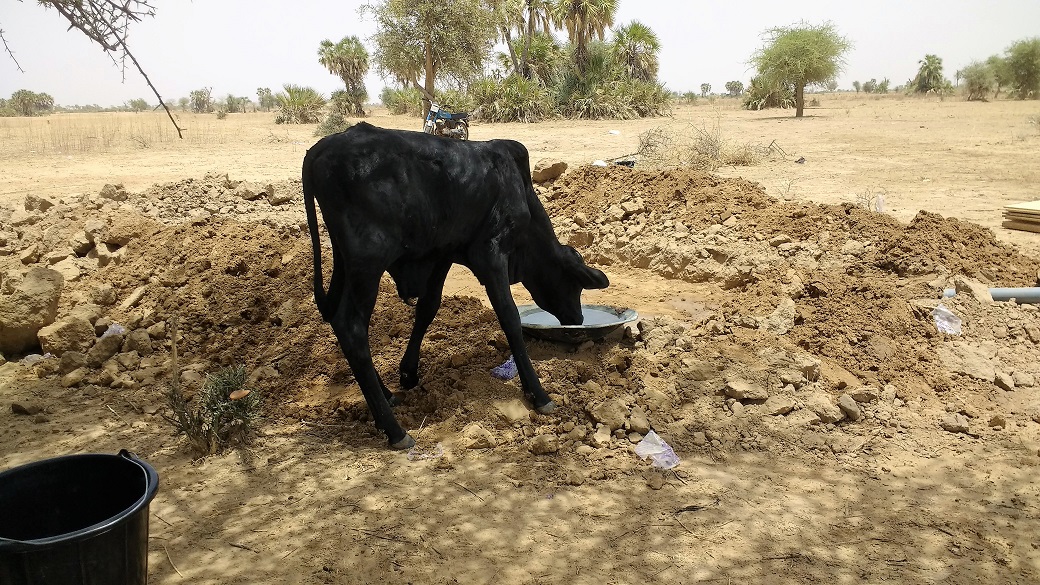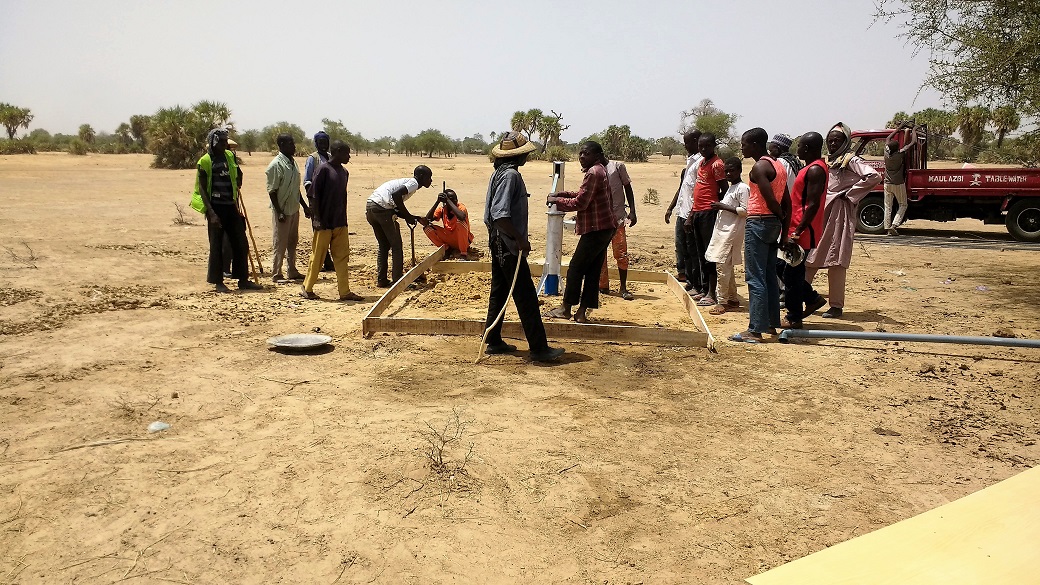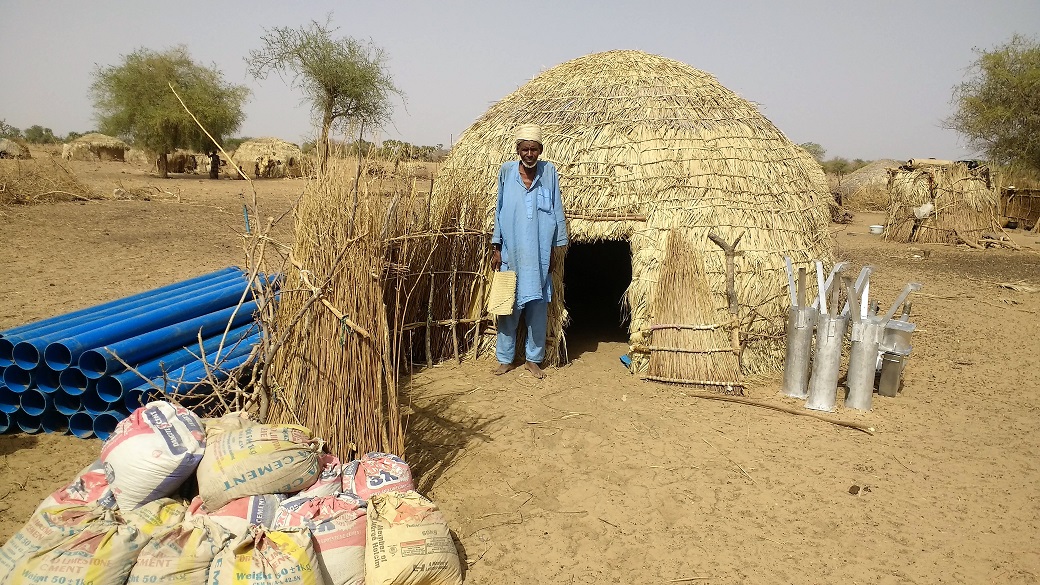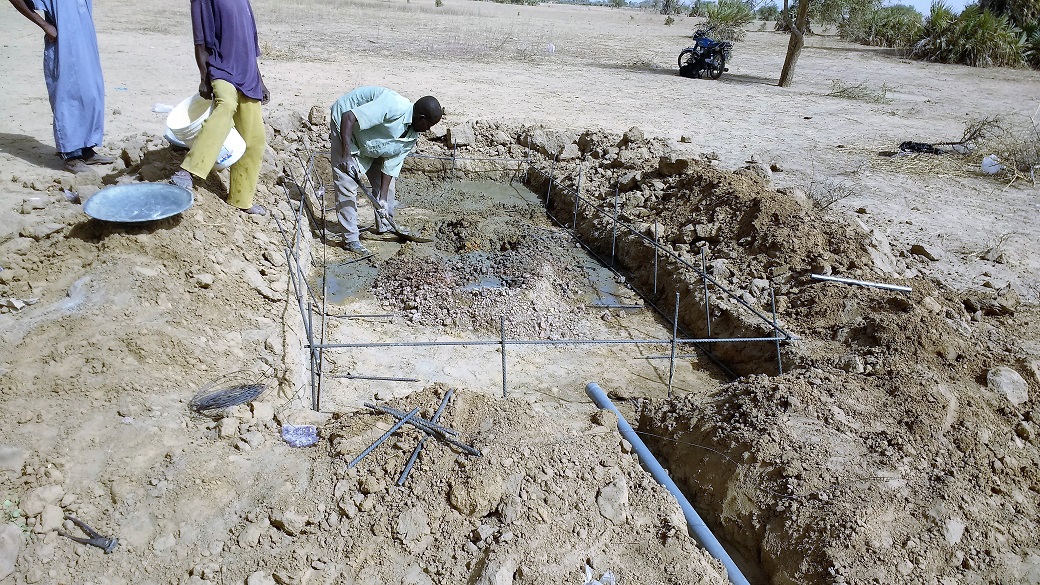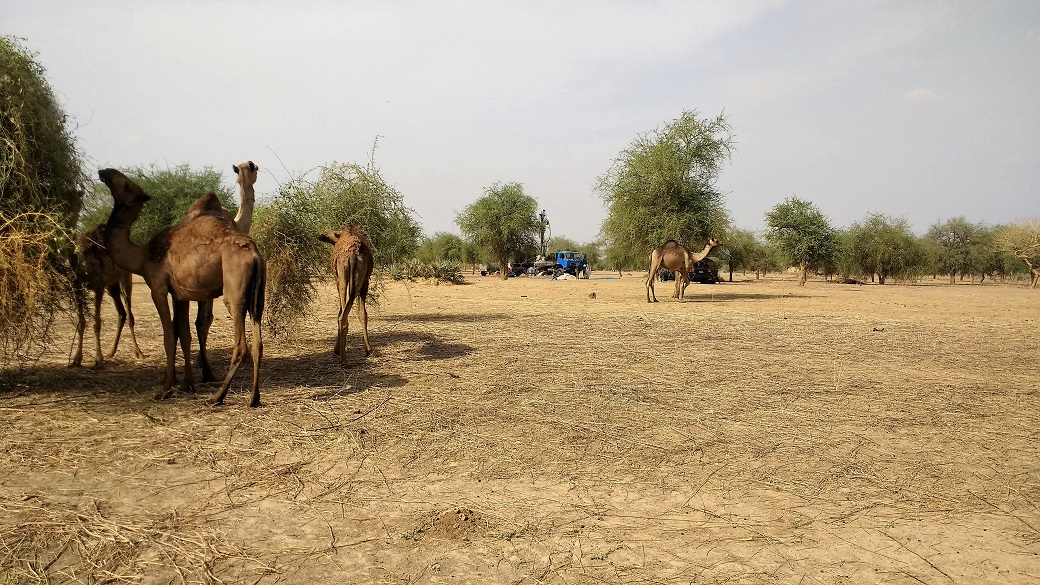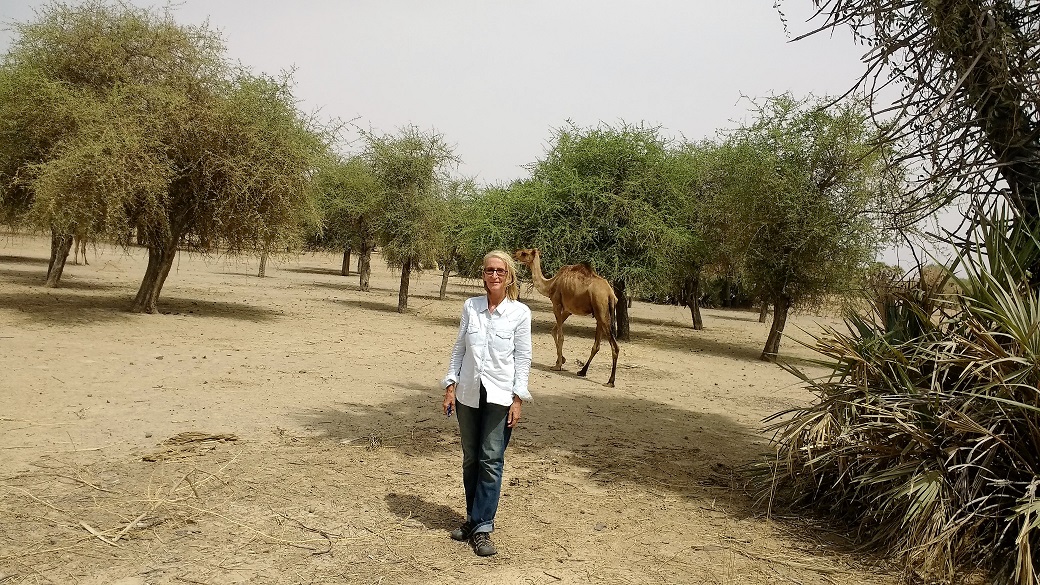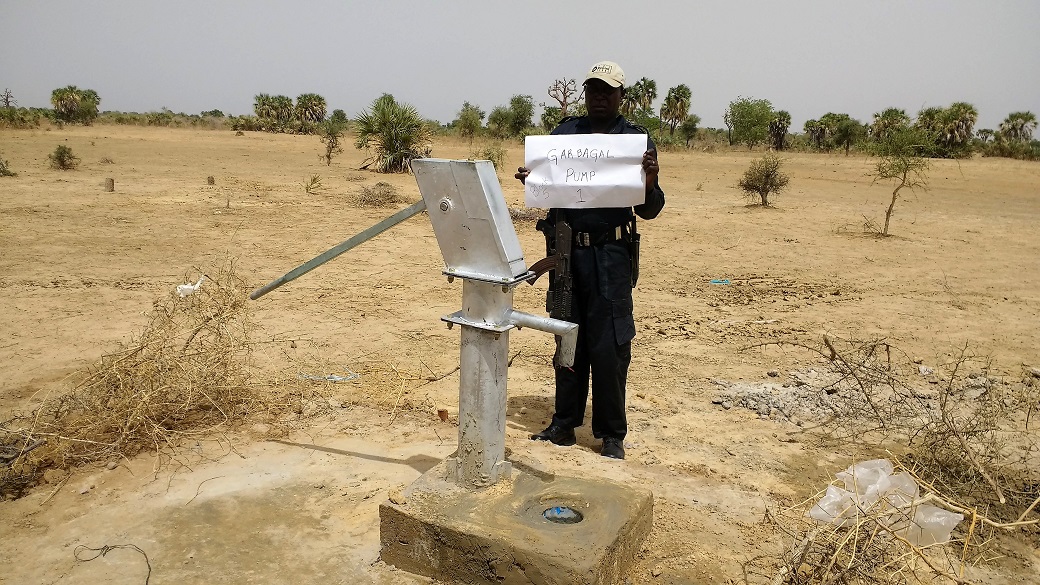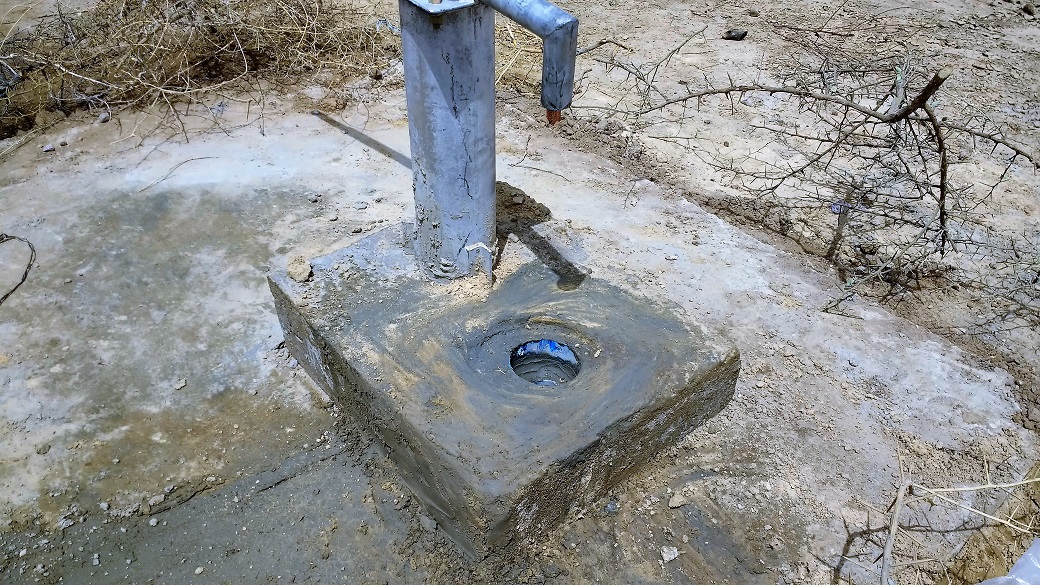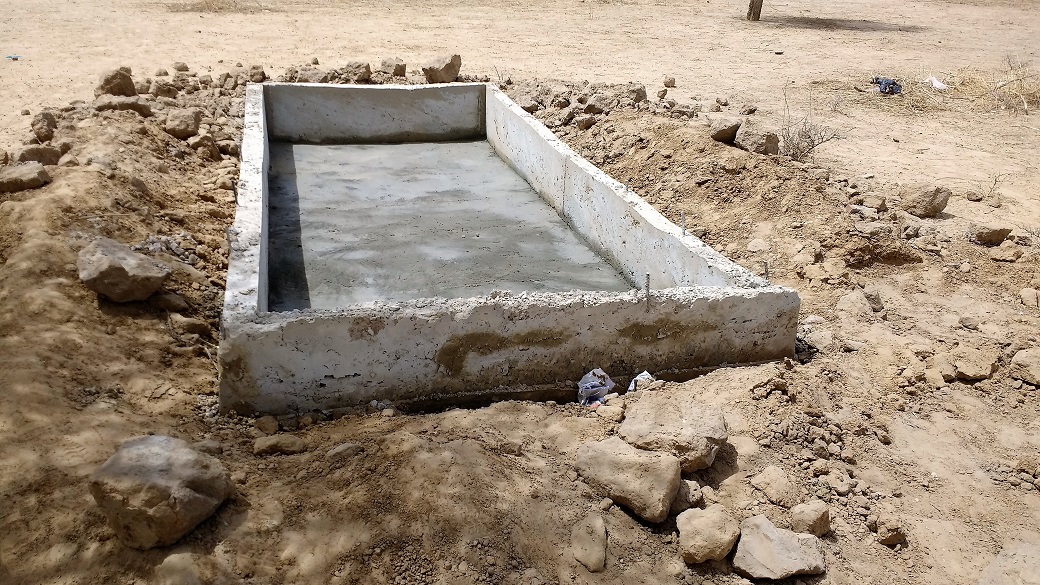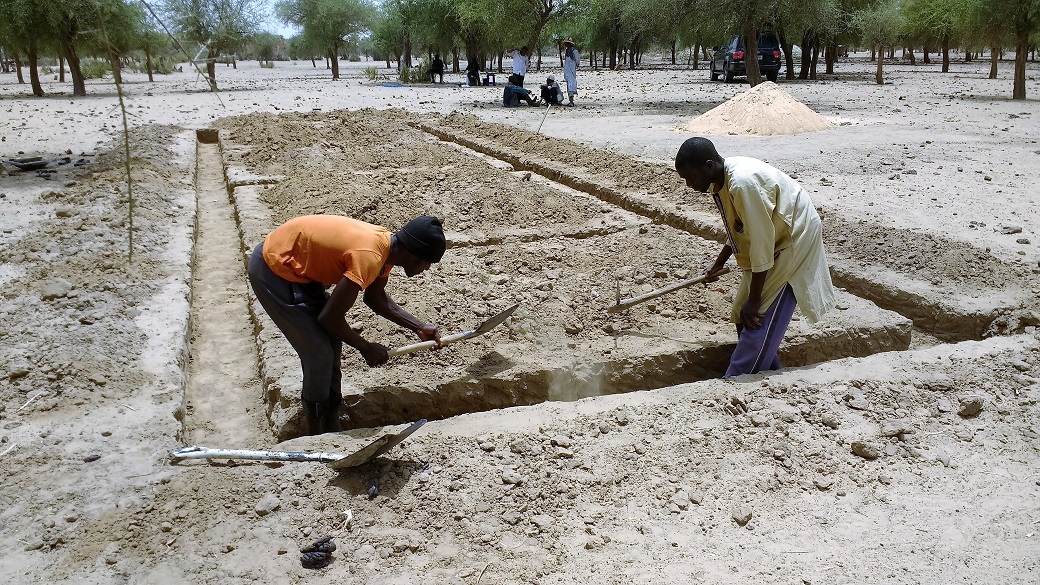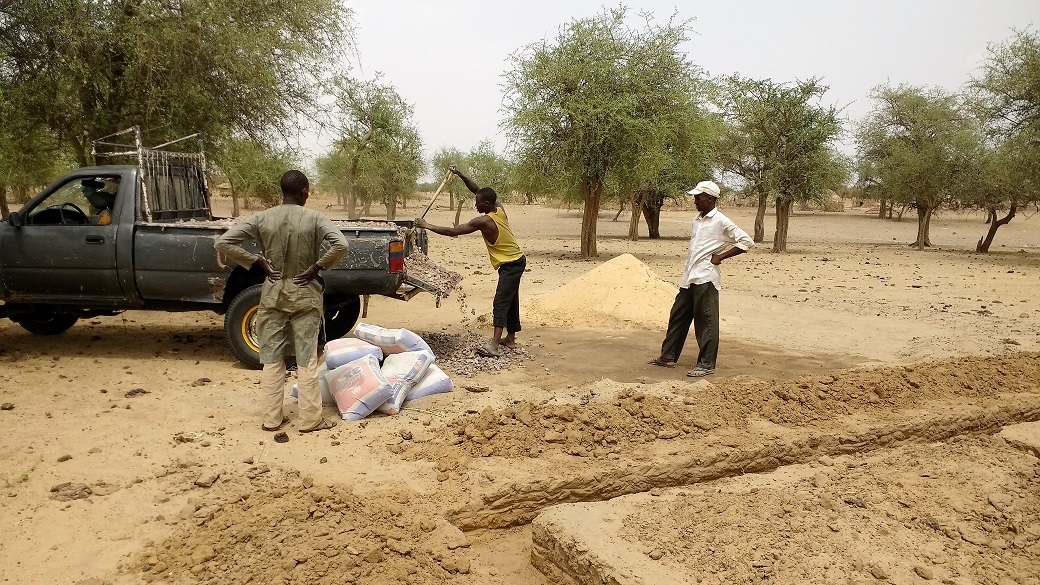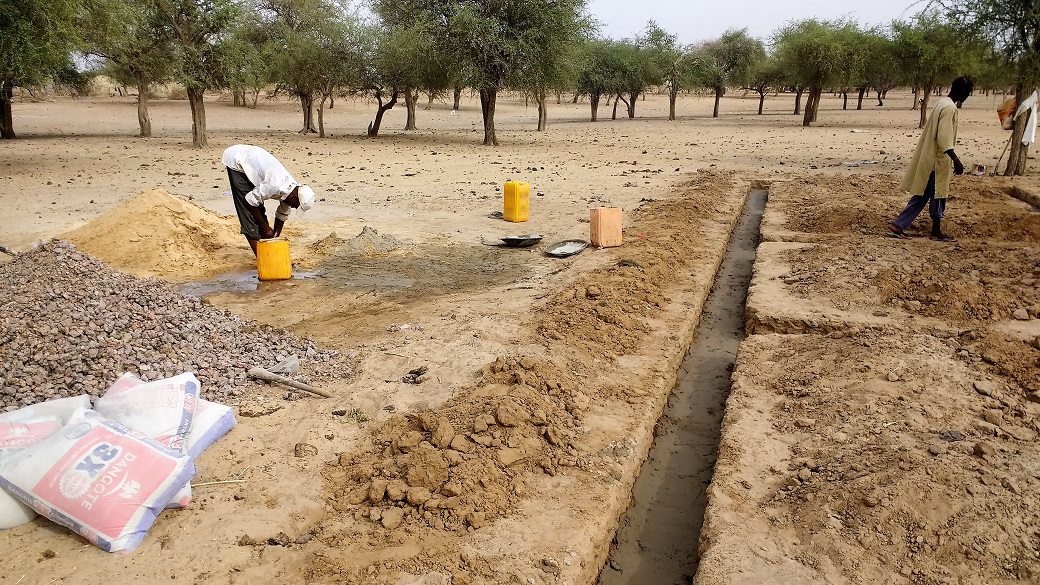REPORT:
Nigeria Water Project, on the three reserves,
Kachia reserve in Kaduna State,
Bobi reserve in Niger State and
Garbagal reserve in Jigawa State.
PROJECT DATES: April 18, 2017 through MAY 25, 2017
The project in the three reserves went so well! Here is a brief summary:
Kachia Reserve:
Four new boreholes and pumps.
Four drinking troughs, connected to the pumps, for cattle.
Two solar pumps replaced.
In Ladduga Town, the headquarters of Kachia Reserve, this solar pump provides water for the entire town as well as two clinics.
In Wuro Nyako Learning Center in Kachia Reserve, this solar pump provides water for an elementary school, computer classes, sewing classes, beekeeping classes and teachers’ accommodations.
Bobi Reserve:
Five new boreholes and pumps.
Two boreholes and pumps repaired, with pumps and pipes replaced.
Garbagal Reserve:
Four new boreholes and pumps.
Four drinking troughs, connected to the pumps, for cattle.
We have funds remaining, which we hope to use in the upcoming earthen dams project on Kachia and Garbagal reserves. Chester Novak, the hydrologist who did our water survey for us, plans to come in January to construct earthen dams in vast areas of these two reserves where no water is available.
On Garbagal, because of the extreme heat and short rainy season, there is the additional need for irrigation and planting of grasses to feed animals in the dry season.
There is also need on the Bobi reserve for irrigation and planting of grasses for hay.
The remaining funds will be put to use in supporting these and other water projects that are necessary on the three reserves.
Let me also say that rotational grazing has begun on Kachia reserve. This is a new concept for the Fulani, but Kachia Fulani are very advanced and have accepted to try this system. With Salihu Yunusa, one of the most hardworking Fulani I’ve met, we have taken baseline photos and intend to pursue this grazing system, watching and recording the beneficial changes in the land and vegetation, and hoping thereby to convince other herdsmen to follow suit.
Again, on behalf of Schools for Africa and the Fulani people of Nigeria, thank you, Rev. Brenda, and thanks to all the donors who have made this humanitarian work possible among the Fulani people of Nigeria.
Sincerely, for Schools for Africa,
Phyllis Sortor

